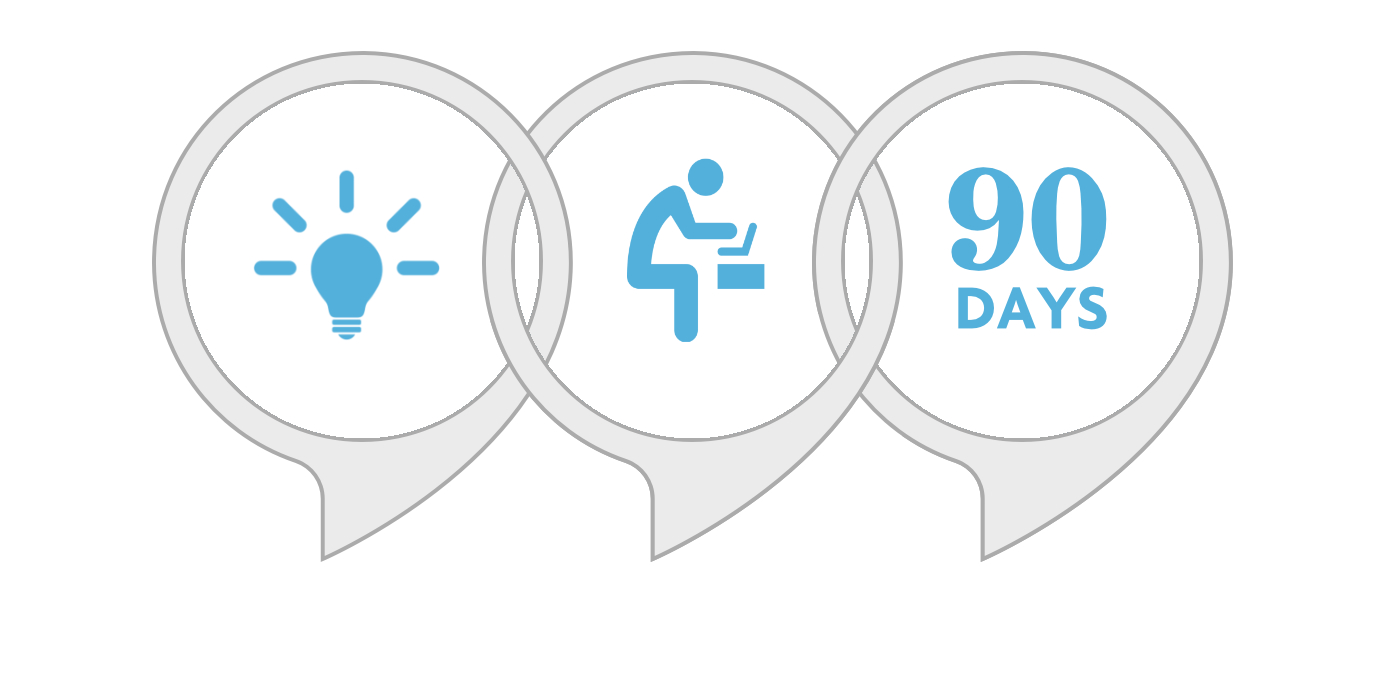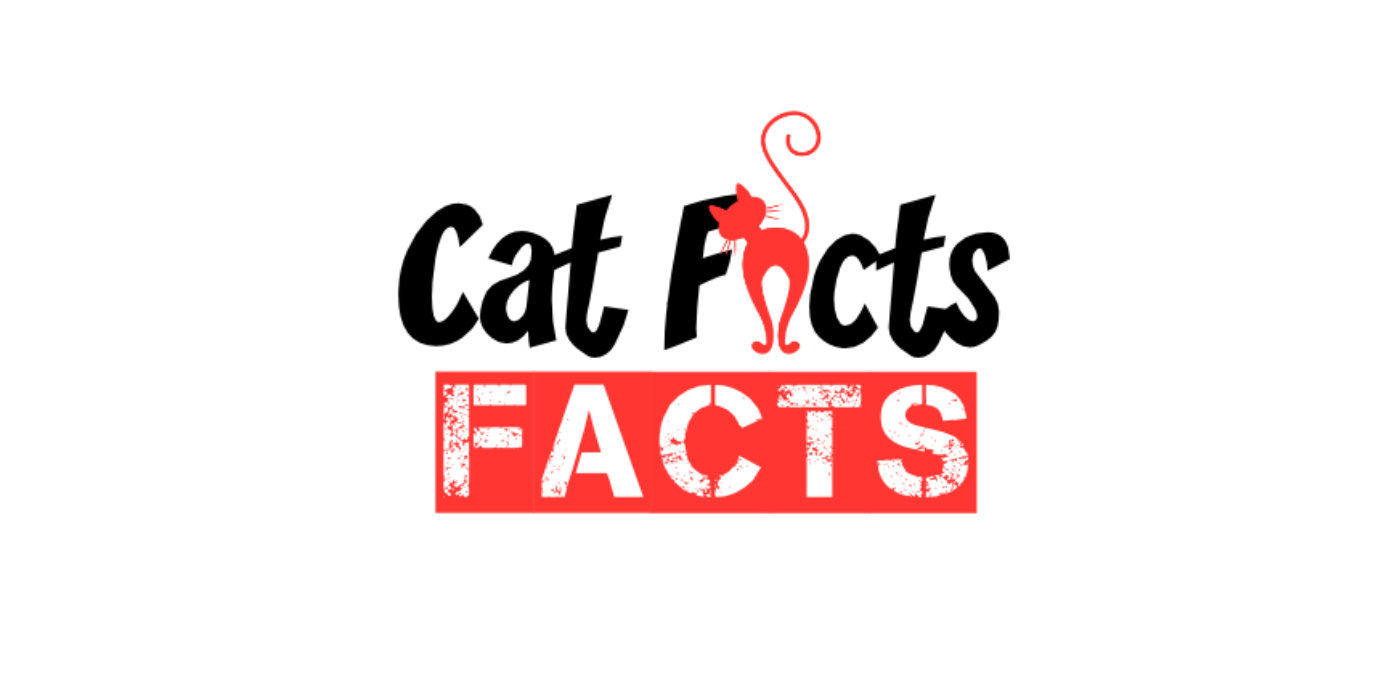By early 2018 I had already published a few fairly basic Alexa Skills, but my first attempt to build a fully robust Alexa Skill was “The Oddly Uncanny Fannee Doollee”, a word puzzle challenge for kids. Upon its release it received a modest reception as far as users, but in time I was thrilled to see that it was featured on a UK podcast and also appeared on a list of recommended children’s educational Voice Skills. At the end of 2021 I made the decision to take the Skill down from the Alexa Skill store and rebuild it from scratch. The purpose of this post is to discuss what drove me to that decision, as well as to discuss my experience in rereleasing a reimagined version at the start of 2022.
As I mentioned, “The Oddly Uncanny Fannee Doollee” was released several years back (February 2018), almost prehistoric times in Voice Tech terms. Since then, so many advancements occurred in regards to the technologies, capabilities, and authoring tools for Voice experiences. Also, over that period of time my knowledge and abilities as a developer had significantly progressed. But even though this Alexa Skill was starting to show its age, my focus was on creating newer Voice experiences.
So what compelled me to finally go back and revisit this oddly uncanny skill? Well, what drives many of the decisions of an indy developer, money of course! No, it wasn’t investors offering me shameless piles of cash to rebuild this amazing Voice experience; this financial decision was made to avoid monthly charges that started appearing from Amazon Web Services (AWS).
For years “The Oddly Uncanny Fannee Doollee” was available for free in the Alexa Skill store. I never made (or tried to make) any money off this Skill, however not once did I incur a single expense either. So what changed?
Let’s take a step back…
As I imagine most developers do, every so often I check the analytics on my published Alexa Skills. I never really saw any huge breakthrough success, but I was always happy to see a steady stream of users amongst my various Alexa Skills. There is always something satisfying about knowing people are using something you spent so much time and effort creating. Sometime last year I noticed something different in the numbers for “The Oddly Uncanny Fannee Doollee”. I observed an usually large bump in activations. This increase led me to begin checking the analytics more often, and also to wonder what triggered a sudden mass interest in this older Skill.
Eventually I started to make some interesting observations about the analytics. The number of sessions were almost identical every single day. Along with this, each visit appeared to have a similar number of interactions. It seemed like a rather odd coincidence, but this seemed pretty consistent every time I checked. I got even more suspicious when I noticed most Interaction Paths consisted solely of LaunchIntent, HelpIntent, StopIntent. I could understand if an occasional visitor came to the Skill launched it and left, but it seemed unusual that this would be a daily occurrence, and multiple times a day at that. It was as if it was driven by a bot. I did inquire with the Alexa team about this, but I did not really get a useful response, so while disturbing, I chose to overlook it.
And then there was another unexpected change…
For as long as I can remember, in exchange for building content for the Alexa platform, developers could qualify to receive Promotional Credits to offset the expense of accessing AWS services. These credits allowed an independent developer like myself, to build and learn the AWS platform and its services. I was supplying content, which was beneficial to the growth of the Alexa platform, and in exchange my hosting expenses were covered. But sometime during 2021 Amazon, one of the wealthiest corporations in the world, decided to slice the amount of Promotional Credits they would offer to developers. For the very first time as an Alexa developer I started receiving monthly charges for the use of AWS services. I was really caught off guard, as my Skills were not really heavily trafficked, and being that I am a small one-man development shop the expense was troubling.
I tried reasoning that this first months bill was an anomaly, however the charges continued. I tried to utilize the AWS Cost Explorer, an online tool that is supposed to help you understand your AWS charges . Unfortunately,I found this tool of little value, for as I recall I could not get the granule data I needed to narrow down the source of my charges.
It was then that I thought back to the unusual analytics I had observed coming the my “Fannee Doollee” Skill. Was this suspicious traffic the source of my charges? I really did not want to have to take down this Skill that had been active for so long, one that I worked hard to build an audience for. But I also knew it was really hard to justify paying for a Skill that was not generating money to offset the expense.
Finally I decided to contact the Amazon Alexa Team, their suggestion was to migrate all my Skills to the Hosted environment where expenses would be greatly reduced. This response did not take into account that Alexa Hosted was not an option at the time I was developing “The Oddly Uncanny Fannee Doollee”, or probably 90% of my published Alexa Skills for that matter. It did not take in consideration that porting the existing Skills was far more involved that merely moving code, but instead required the significant tweaking or rewriting of code.
I was frustrated and a bit offended. When I started developing for Alexa I felt courted by Amazon, I felt like I was a partner with the Alexa Team in the pioneering of a new platform, I think there were less than eight thousand Skills at that time. Suddenly, I felt disrespected and abandoned. Amazon made the decision to slash monthly Promotional Credit support and their suggested resolution was for me to spend time rewriting existing projects. It would have been a nice gesture to have exceptions for qualifying older projects.
Let the migration begin…
Begrudgingly, I finally made the decision to disable “The Oddly Uncanny Fannee Doollee”, removing it from the Alexa Skill store. As I explain earlier, I really did not want to do it, but it became the only real option. Instead of replacing it with a 2.0 version, I made the choice to “reimagine” it with a new Skill leveraging much of the content and data from the original. This approach allowed me to take advantage of the advances in my development skills that I had gain since I publish the original. While the Hosted environment is meant to help simplify the development process, I quickly realized there were some new approaches and strategies that I would need to become familiar with in order to complete this new project. So the process was not all smooth sailing, and it actually took me several months to create/recreate this Voice Experience.
One final twist…
When I submitted my new Skill, now titled “Figure Out Fanny”, I got this immediate e-mail response:
“Thank you for your interest in developing Kids Skills. So that we can evaluate your request, can you please let us know of any prior experience you have building skills, applications, or content for children?”
Of course it makes sense Amazon wants to be protective of content offered on Alexa, and especially if that content is targeted at children. However two things stood out when I received this reply.
My first reaction was, how am I just hearing about this roadblock now after I had spent several months in development? What if, for whatever reason, the Skill I spent so many hours creating did not meet whatever the standards Amazon had? It would be nice a) to have been alerted when I was setting up the skill that were special requirements for Kids Skills, and b) what those requirements were prior to starting. This could have been accomplished if selecting a skill category was required as part of the process when creating a new Skill.
My second reaction was, what did my prior Skill/Application building experience have to do with the content of this particular Skill and if it was appropriate for children? Since the Alexa review team has my account information, it seems like it would be pretty simple for them to see what Skills I have published previously.
As far as the inquiry of my experience developing content for children, that was not an issue. Over the course of my twenty five years as a developer, I have created plenty of entertainment and educational content for kids. The curious thing is that while I was able to share my experience in my reply, I was never require to present any real evidence or even concrete examples. It would have made a lot more sense if they questioned things about my submission such a the targeted age, purpose, etc.
Wrapping it up…
Authoring a post like this is not unlike publishing an Alexa Skill; you never really know who, if anyone, will ever see it. I guess you just need to put it out there and hope your efforts finds their way to people who might find it relevant and hopefully a little useful.




